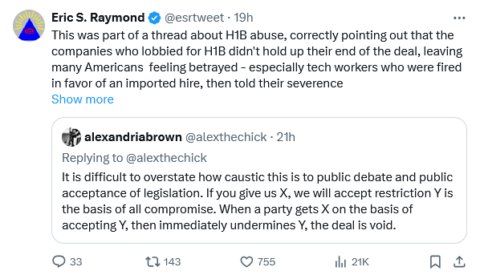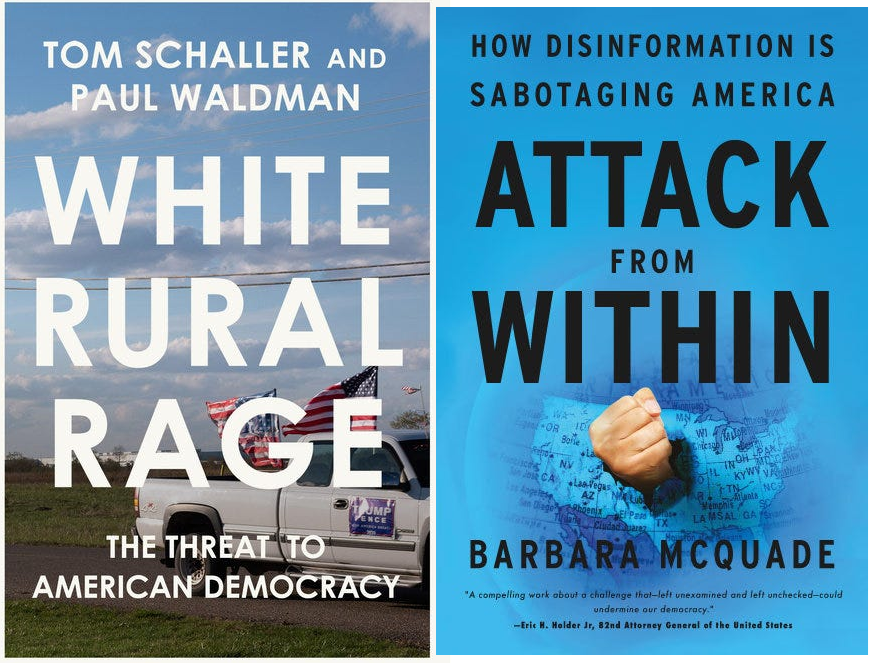In The Line, Leonid Sirota explains why we can’t just arbitrarily deprive a Canadian of his citizenship rights just because Charlie Angus has riled up a social media mob to demand it:
One other incontrovertible fact about Mr. Musk is that he is a Canadian citizen. His mother was born in Canada — which made her a citizen — as are her children, even though they were born abroad.
A large number of Mr. Musk’s and my fellow Canadians find the coexistence of these facts to be obnoxious. Whether out of anger or embarrassment, they are lining up to sign a petition to Parliament to demand that he be deprived of his Canadian citizenship. As of this writing, the petition has been signed by about 300,000 people. (In theory, these are Canadian citizens or residents, though on the Internet, nobody knows you didn’t actually watch the McDavid goal 97 times on loop.) At least one member of Parliament, the NDP’s Charlie Angus, is supportive.
This is appalling. The reasons given for depriving Mr. Musk of his Canadian citizenship are fundamentally authoritarian, as is the contempt for both the substantive and the procedural legal requirements involved in deprivation of citizenship that the petition manifests. That a member of Parliament is supporting this abomination is especially disturbing (and one reason this whole mess is worth caring about).
To start with the substantive point, the idea that a Canadian could be deprived of his citizenship for political reasons ought to be beyond the pale of polite discussion. It is the sort of thing the Soviets did to Mstislav Rostropovich, Aleksandr Solzhenitsyn, and others. Is Mr. Musk a Solzhenitsyn? Well, no. But so what? The principles at stake here are universal. They do not depend on whether one is a martyr or a millionaire, a genius or a jerk. (Solzhenitsyn, at any rate, was both jerk and genius. So is Mr. Musk. Not that it matters.)
More to the point, do you want the Canadian government to have the power to deprive people of their citizenship for their political beliefs, statements, or activities? If you are okay with a government led by a Justin Trudeau or a Mark Carney having this power, do you agree that one led by Pierre Poilievre should? (Or, of course, vice versa.)
And yes, no matter how patriotic and indignant the people who sign the petition, or support it, may feel, the demand to take away Mr. Musk’s citizenship is political. The first recital of the petition accuses him of having “engaged in activities that go against the national interest of Canada”. I think the accusation is well-founded. But it is a political accusation: the national interest is a political concept. The petition then claims Mr. Musk “has used his wealth and power to influence our elections”. If he has, that is political action that Canadian citizens are entitled to take, subject to applicable laws, which the petition isn’t even alleging Mr. Musk broke. Finally, the petition claims that Mr. Musk “has now become a member of a foreign government that is attempting to erase Canadian sovereignty”. Stipulated. But the actions of this foreign government, no matter how dishonourable, distasteful, and dangerous for Canada, have so far stayed within the realm of politics.















